With the delayed 2020 Summer Olympic Games now over, the medal table looked pretty much as expected. The USA were 1st (39 Gold/113 Total), China 2nd (38 Gold/88 Total), Japan 3rd (27 Gold/58 Total) and Great Britain (GB) 4th (22 Gold/65 Total).
When one thinks about the factors that help countries accumulate medals at the Games, it would appear on the surface that GDP is very important. The USA, China and Japan had the largest GDPs in 2020 and won medals in that order. GB in 4th in the medal table had the 5th biggest GDP in 2020. Had Germany finished 4th instead of 9th, there would have been a perfect match between the medal table and GDP in 2020.
Of course, it is much more complex than that. A recently published paper by Vadim Kufenko and Vincent Geloso in the Journal of Institutional Economics explores this.
Using data from the Economic Freedom index and the medal table at the 2016 Summer Games in Rio, the authors test the relationship between success and inequality. They find "inequality only matters in determining medal numbers for unfree countries". Free society success at the Games is not effected by the level of inequality within countries. Instead they authors argue that "institutions [within free societies] generate incentives to invest in the talents of individuals at the bottom of the income distribution".
From an Irish perspective, we can relate to this. We won two gold medals (rowing and boxing), one of which was won by an competitor from a low income area in Dublin. The paper argues that the incentives in place in a country like Ireland mitigate the negative effect that inequality plays in the selection of athletes and their success.
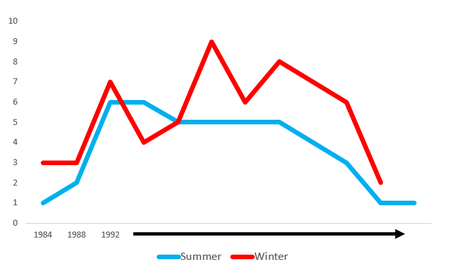
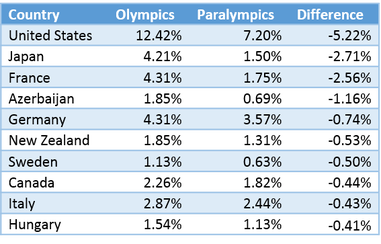
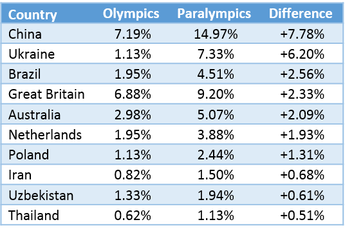
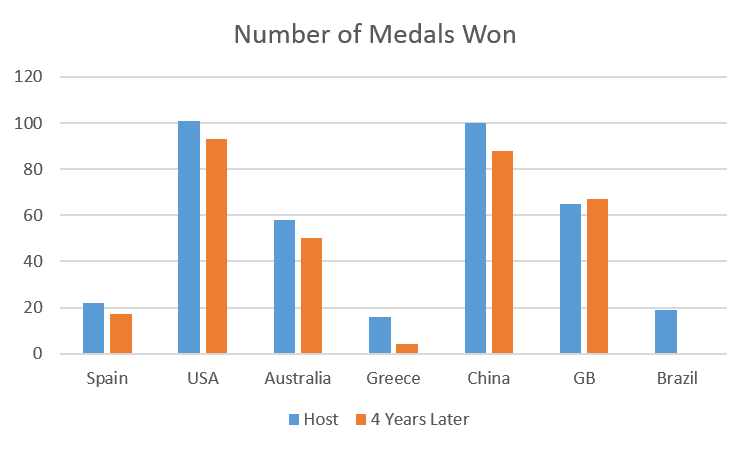
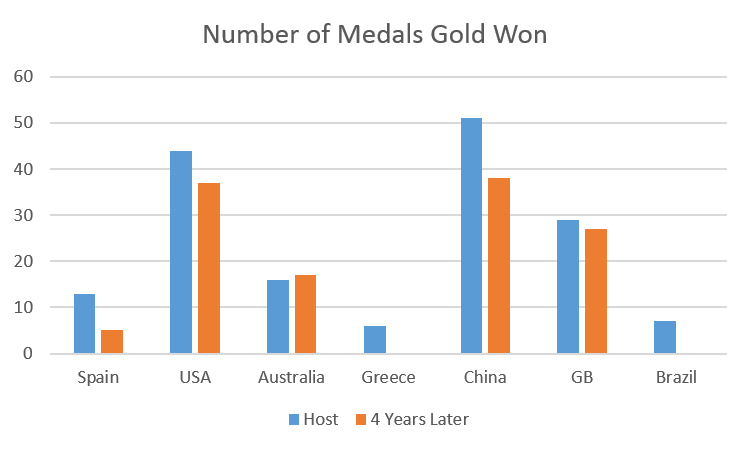
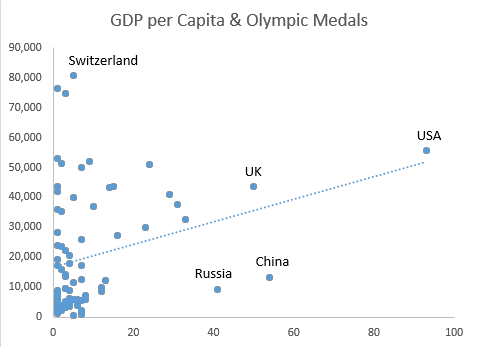

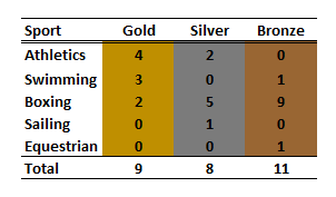
 RSS Feed
RSS Feed